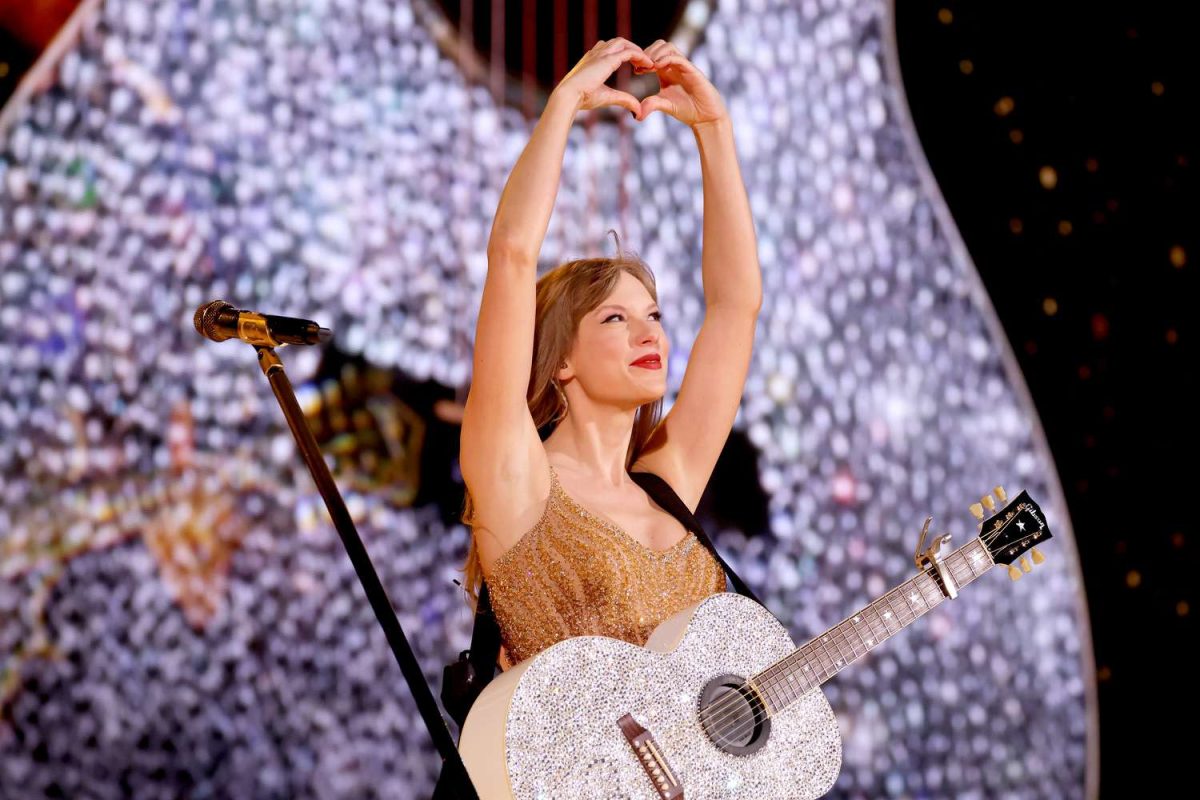Their Culture is Not Your Costume
October 27, 2021
Imagine being at a Halloween party and somebody walks into the party in black face and say they are dressed as Kanye West. Anyone would be uncomfortable seeing that and would not be able to justify it. Dressing as a different culture or race for your own self interest is considered cultural appropriation. Halloween is a pretty exciting holiday for so many people in different states and . There’s partying, candy, and most importantly, dressing up. Dressing in costumes is a fun way to celebrate, however, there are always instances where people dress up in offensive and demeaning costumes using cultural outfits. They are simply not costumes and should not be worn as one.
Wearing cultural clothing as a costume can be hurtful to people of that culture and/or race and showcases stereotypes and relies on specific culture and heritage signifiers. For example, wearing a Saree, a traditional dress for Indian women, as a costume as a non-indian or white woman is disrespectful to their traditions and the history behind the Saree. Doing this can be perceived as racism. Although you may not intend to present it that way, it can come off as offensive. Other traditional outfits in different heritages can have the same effect. Not just the one mentioned.
Cultural appropriation in halloween costumes also creates a strong lack of accurate representation. A common costume is an “Indian person” or “Native American”, which is highly offensive and hardly represented correctly. The most common clothing or way people dress up for this specific costume is wearing their hair in braids and wearing “buckskin” clothing. These two things are harmful to Native Americans and the history behind the two features. November 4th, 2012, a Victoria Secret model was photographed walking down the runway in a skimpy leopard print bikini, turquoise jewelry, and a floor length traditional feathered headdress. This is one example of a non-Native person incorrectly representing Native culture in mainstream media and pop culture.
With many instances of cultural appropriation in costumes being blatantly racist, there is however, a big difference between cultural appropriation and appreciation. The two may sound alike or similar but they’re not. If the culture or heritage you are presenting is historically and traditionally accurate and being shown in a respectful manner it would be considered appreciation. Giving the culture positive and correct representation could draw the line between appropriating and appreciating the culture you are introducing. To appropriate the given culture is to take one specific aspect of the culture of which you are not a part of and use it for your own personal pleasure or interest.
For this halloween, you may possibly have to step back and reassess your costume choice. Ask yourself, “Is my costume ethnically, culturally or racially based?” Am I giving it the correct representation that it needs and deserves?” Could I possibly offend or hurt someone in any way?” Cultures are simply just not a costume for your enjoyment. Cultural appropriation is a major problem in today’s society and the more you and I can put into diminishing it, we can make a change.

























